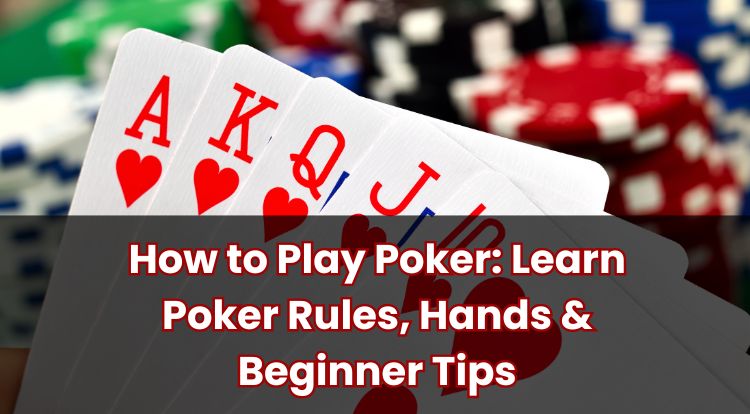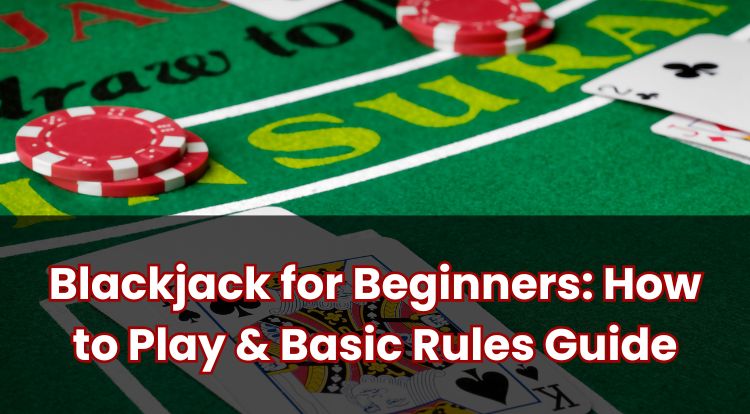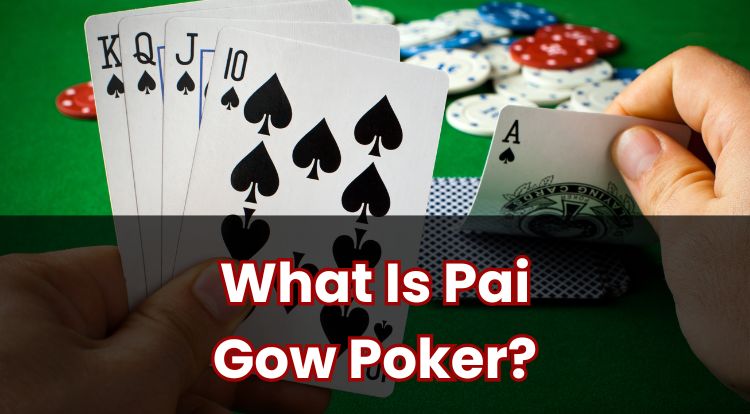What Happens If Player and Dealer Both Get Blackjack?
Blackjack is one of the most familiar card games in the UK, and it’s all about getting as close to 21 as possible with strong decisions along the way. The real moment of drama comes when both the player and the dealer turn over blackjack on the first deal.
If that happens, it can be unclear what follows, especially if you’re new or trying a different game type online. Rules are easy to find in the game’s help or paytable, and it’s worth a quick look before you start.
So, what does it actually mean if both hands open with blackjack? Here’s what to expect at the table and on your favourite online platform.
How Is a Blackjack Hand Defined in the UK?
A blackjack hand is the best possible starting hand. It happens when your first two cards are an Ace and any ten-value card, such as a 10, Jack, Queen or King. That two-card total makes 21.
The key detail is the number of cards. If you reach 21 in three or more cards, it isn’t blackjack; it’s simply a total of 21. The distinction matters because payouts and outcomes are set around that two-card definition.
You’ll find the same core definition across land-based and online games. Variants may add side options or adjust payouts, but they do not change what counts as blackjack. With that in mind, what if both hands start the same way?
What Happens When Both Player and Dealer Hit Blackjack?
Explaining the Payout and Push Rules
When both you and the dealer are dealt blackjack, it’s a tie known as a push. A push means the round has no winner. Your original stake is returned, and your balance ends up exactly where it was before the hand.
For example, if you wagered £10 and both hands show an Ace with a ten-value card, you get your £10 back. In a casino, the dealer will announce the push and return your chips. Online, the result is shown on screen and your stake is automatically credited back.
Most games present this clearly in the rules or paytable. A few uncommon variants may handle ties differently, so it might be a good idea to check the specific game information before you potentially play.
Can Side Bets Affect the Outcome When Both Get Blackjack?
Side bets are optional wagers that sit alongside your main bet and pay based on particular card combinations. They are settled independently from the main hand. That means a push on the main bet does not cancel or change any side bet outcomes.
For instance, Perfect Pairs pays when your first two cards form a qualifying pair, and 21+3 pays on certain three-card combinations using one of the dealer’s cards. Those results stand on their own, no matter how the main hand ends. You could receive a push on the main wager and still win, lose, or be paid on a side bet based on the specific cards dealt.
Each game lists its side bet rules, qualifying combinations and payout odds in the help or paytable. It might be worth a quick read so you know exactly how those extras are settled.
What Should Players Know About Handling a Push in Blackjack?
A push occurs when you and the dealer finish with the same total, whether that is blackjack or another matching value. When a push is declared, your stake for that hand is returned and there is no payout either way. Your balance remains unchanged, and you move on to the next round as normal.
At a live table, the dealer will confirm the push and return chips to the betting spot. Online, the interface highlights the tie and credits your stake back automatically. Some digital versions present this with different animations or messages, but the outcome is the same.
If you are ever unsure, the paytable or in-game help shows how ties, blackjacks and side bets are resolved. Always keep responsible gambling practises in mind.
**The information provided in this blog is intended for educational purposes and should not be construed as betting advice or a guarantee of success. Always gamble responsibly.
*All values (Bet Levels, Maximum Wins etc.) mentioned in relation to these games are subject to change at any time. Game features mentioned may not be available in some jurisdictions.




